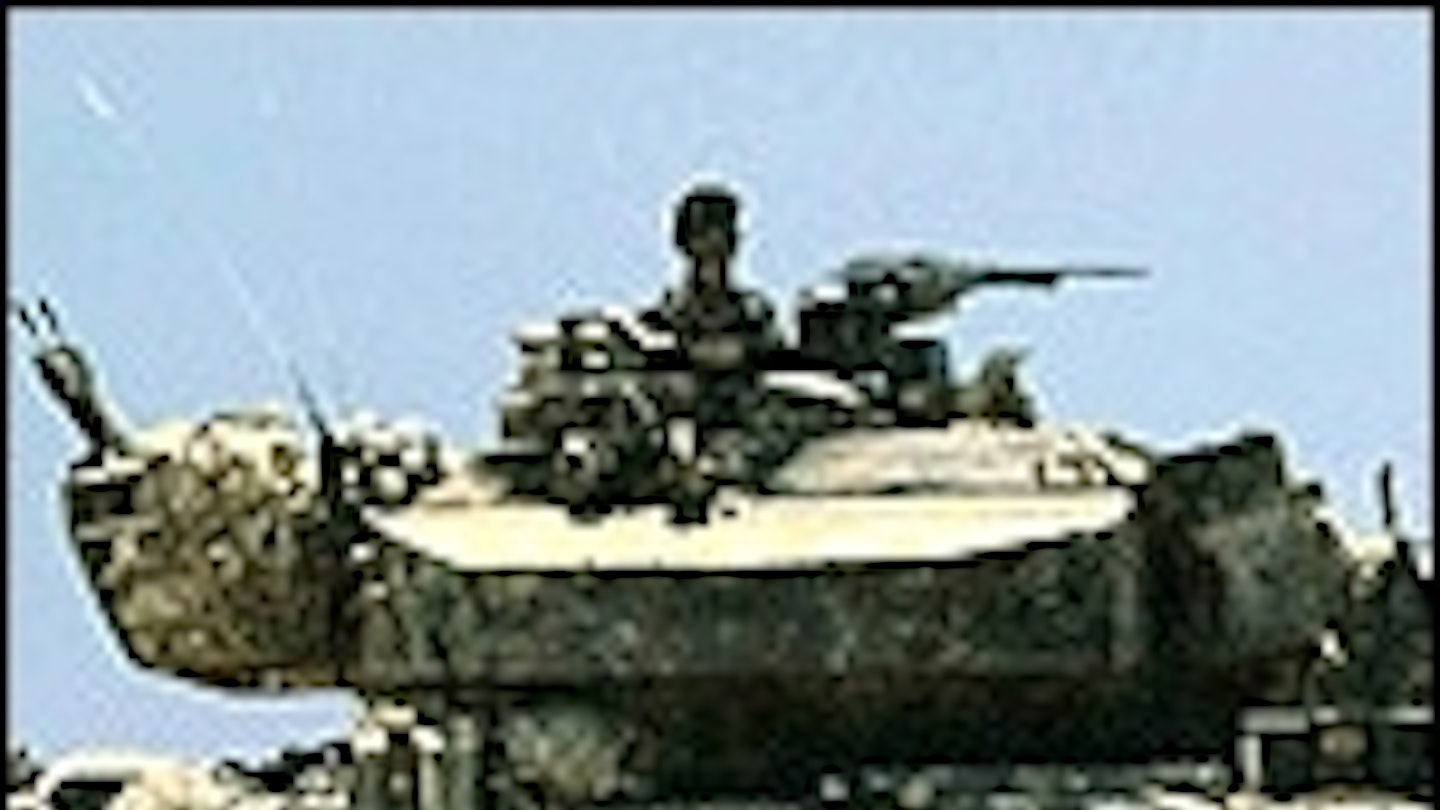For all its much-deserved awards, acclaim and all-round Avatar-bashing, The Hurt Locker is not, in truth, the most mesmerising war movie — earthbound or otherwise — of recent times. That medal of honour should now rest proudly on the broad and ballsy lapels of Lebanon.
Like Kathryn Bigelow’s brilliant bomb-patroller, Samuel Maoz’s blistering, brutally honest picture uses war as the backdrop to a very human story. Unlike Bigelow’s thriller, Maoz’s depiction of his own experiences in the First Lebanon War does not rely on starry cameos or cutting-edge cinematography and sound design. Instead, it features four relative newcomers, is set entirely in an aging tank reportedly “procured” by its crew somewhere in the Israeli countryside, and realised its most notable sound-effect by having its director wallop the outside of said tank with a big old iron bar to put the willies up his raw recruits suffocating inside.
With fans, including Ang Lee, singing its praises ever since it had the audience up off its feet at the Venice Film Festival, it has, not without merit, been dubbed The New Das Boot. And while it certainly mirrors Wolfgang Petersen’s submarine classic — equally claustrophobic, tense and genuine — it’s both pacier and more enduring, its final shot, one of only a handful in the running time that allow us a glimpse of the outside of the tank, an image of fragile beauty that somehow achieves a real permanence in the mind.
In the war, Maoz was the gunner of his vehicle’s four-man crew. Playing him — in a loose sense — is Donat, who largely wordlessly conveys the terror of having your finger on the trigger and no clear target. His first kill is ambiguous at best, but it’s when the tank, all at sea in a nameless village, is ordered to take out a tenement that may house either snipers or an innocent family, that the misery of his predicament is best pulled into focus: a distraught mother, naked and shellshocked, pleading for her children’s life down his unblinking, metallic, inhuman sights.
Maoz, “empty and animal and completely psychologically fucked” after the war ended, took 25 years to be able to actually write his screenplay — every attempt previously sending him to the toilet to vomit out his rage and guilt. His anger and his outrage is more than retained though, delivered with a breathtaking skill as we see his first 24 hours of combat through his own eyes. It’s an astonishing feature debut that will amaze and upset, and has the strength to ask larger questions without ever forgetting its intimate roots. Whether or not it has given Maoz the release he so desperately hoped it would (he still claims he’s unsure), expect to see him behind the wheel of something of a considerably bigger budget in the not too distant future.

